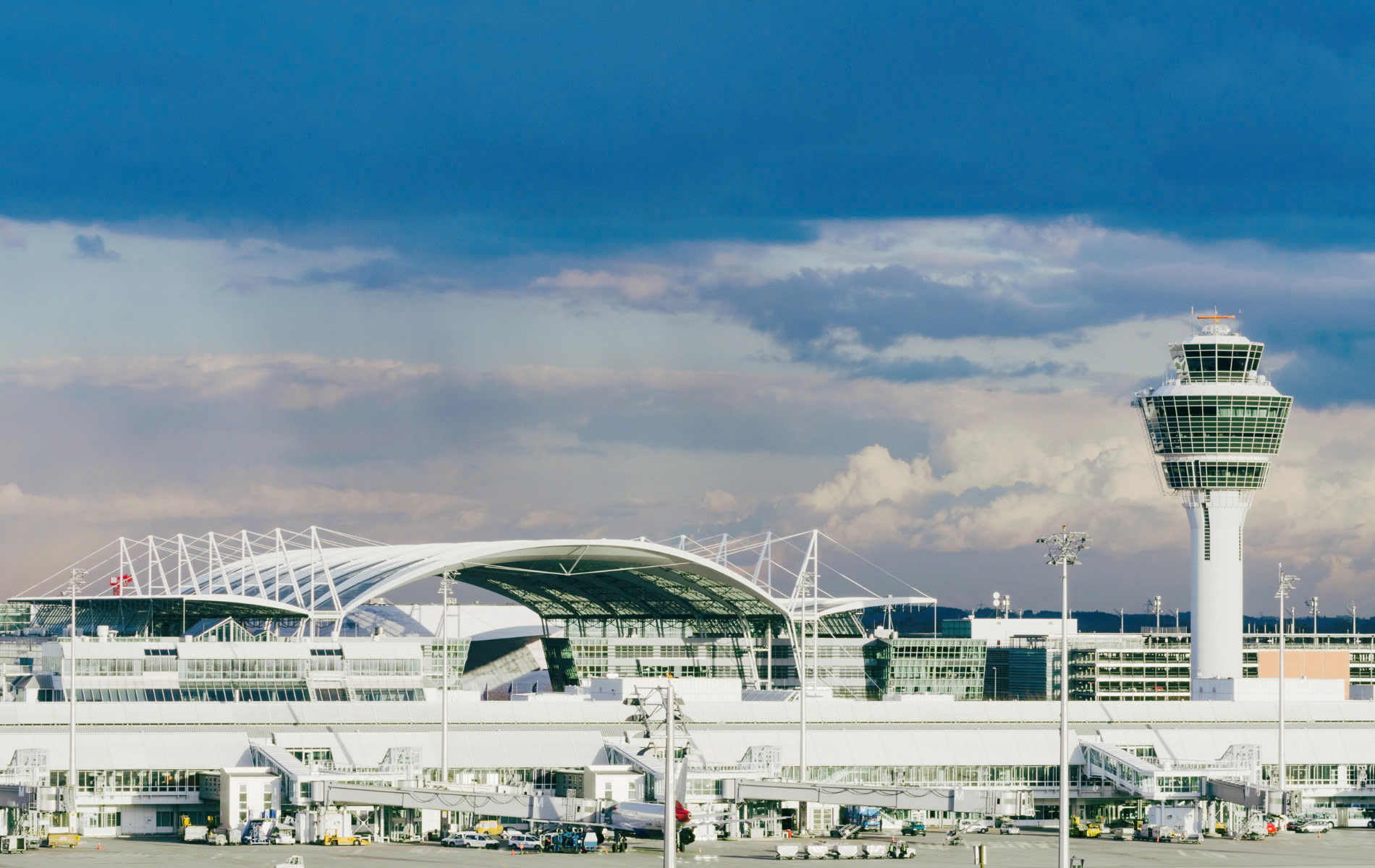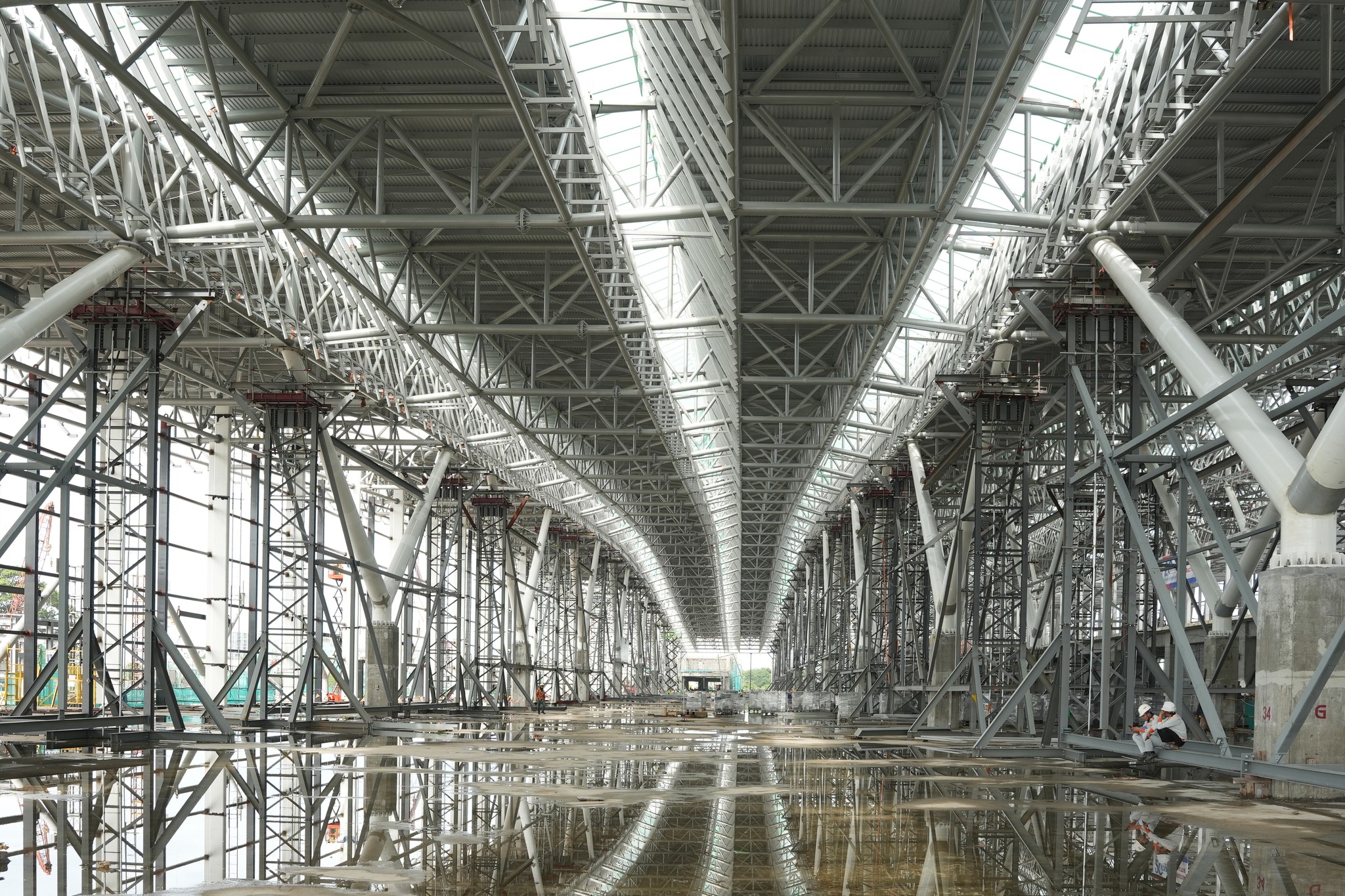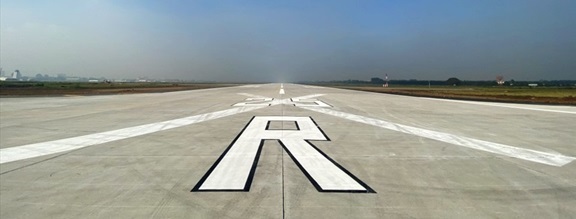The faculty members of
the Faculty of Civil Engineering

1. Understand the legal framework governing airport operations, including the roles of the International Civil Aviation Organization (ICAO), the Civil Aviation Authority of Vietnam, and the Ministry of Defense.
2. Identify key organizations, agencies, and personnel working at airports to facilitate the end-to-end journey of passengers.
3. Recognize the significant role of airports within communities and their critical economic and social benefits.
4. Gain insights into the business operations of airports, including primary business models, revenue streams, and cost structures.
5. Describe the main components and security requirements of the three key airport zones – airside, landside, and terminal buildings.
6. Identify current and future focal areas for airport operators.
7. Analyze passenger behavior at airport terminals and its impact on airport design.
8. Describe airport ownership and management models.
Identify key aspects of airport master planning, including design considerations, ground and airside services, navigation aids, and noise factors.
9. Conduct a critical individual analysis of an airport-related issue and present findings through oral and written presentations.
10. Understand the process of airport design and construction.
11. Manage an airport construction project, from initiation and execution to handover and operational readiness.

1. Ability to interpret design documents, develop detailed construction drawings, and estimate labor, materials, and resources.
2. Capability to plan airport and airfield (SB-CHK) layouts to ensure safe and efficient operations.
3. Skills to organize and manage the construction of airport infrastructure projects (CHK-SB).
4. Competence in supervising construction processes to ensure quality and compliance with standards.
5. Proficiency in managing airport construction projects, including planning, execution, and resource coordination.
6. Capability to develop detailed implementation plans for construction projects.
7. Skills in maintaining and repairing airport infrastructure to ensure long-term safety and functionality.
8. Attainment of core competencies and qualities expected of Vietnam Aviation Academy graduates.
9. Foundational knowledge in philosophy, political economy, and the history of the Communist Party of Vietnam.
10. Proficiency in foreign languages to meet professional and global communication needs.

These are the outcomes that students achieve, understand, and successfully apply immediately upon graduation.
The diverse job positions in the construction field include civil architecture, industrial construction, and transportation infrastructure. The specialized focus of the two specializations is on construction projects within airports, such as terminal buildings, airport infrastructure (runways, taxiways, and aprons), and other airside facilities. Graduates of these two specializations will become construction engineers who can take on various job roles and responsibilities at different levels:
Analyze, plan, and evaluate the effectiveness of construction investment projects.
Conduct surveys, design, select design solutions, materials, and construction technologies, organize construction, and manage and supervise construction quality.
Organize, manage, operate, and maintain infrastructure; inspect, diagnose, and assess the quality of construction projects.
Develop plans and implement maintenance and upgrading solutions for various construction projects.
Oversee state management of investment and construction projects.
Engage in entrepreneurship within the field of investment and construction.
Pursue further studies, research, teaching, and specialized training.
Corporations, companies, and businesses involved in investment, construction, and the development of construction projects.
Consulting firms, surveyors, planners, designers, and construction contractors.
Construction management organizations, operations, and maintenance units, as well as organizations involved in construction quality control and inspection.
Research and training institutions dedicated to developing human resources in construction and airport management.
Focus on aviation sector organizations:
Consulting firms, surveyors, planners, designers, contractors, and developers involved in airport and airfield infrastructure projects.
Organizations and authorities responsible for managing airport operations, maintenance, and the operation of airport infrastructure.
State agencies managing civil aviation regulations.
The program requires 150 credits (excluding Physical Education and National Defense - Security courses).
Training Program for the 2024 Intake (Airport Construction and Development) – View here
Training Program for the 2024 Intake (Airport Management and Operation) – View here
Training Program for the 2022 and 2023 Intakes – View here
Faculty of Civil Engineering Website: https://fcevaa.edu.vn/
